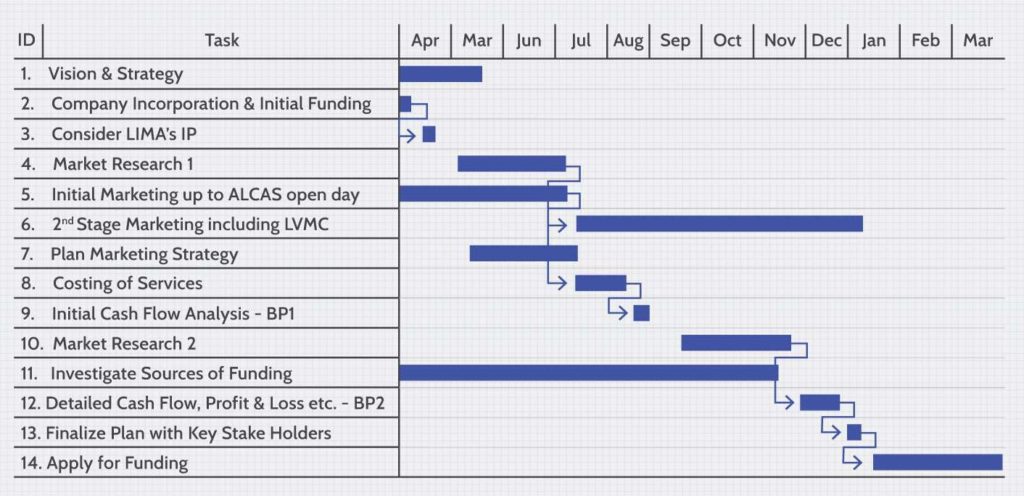Construction projects involve significant investments and financial commitments. To ensure the smooth progress of these projects, various measures are taken to mitigate risks and safeguard the interests of all parties involved. One such measure is the utilization of an advance payment bond. In this article, we will explore the concept of an advance payment bond in construction, its purpose, benefits, and how it contributes to the overall success of construction endeavors.
In the construction industry, managing finances effectively is crucial for the timely completion of projects. To facilitate smooth operations and ensure financial stability, stakeholders often rely on mechanisms such as advance payment bonds.
What is Advance Payment
Advance payment is the payment that is made at the beginning of the projects. It is usually provided to the contractor before starting the construction. The amount paid will be as agreed and it is usually 20% of the contract sum.
What is Advance Payment Bonds
An advance payment bond is a financial instrument that guarantees the repayment of an advance payment made by the client to the contractor. It serves as a safeguard against potential default or non-performance by the contractor, providing the project owner with financial security.
The primary purpose of an advance payment bond is to protect the project owner’s financial interests. By requiring the contractor to obtain a bond, the project owner ensures that the funds provided as an advance payment will be reimbursed if the contractor fails to meet their contractual obligations.
Advance payment bonds are particularly relevant in large-scale construction projects where substantial upfront payments are required. They provide assurance to the project owner, instilling confidence and minimizing the risk of financial loss.
These types of bonds are provided in the form of bank guarantee in most of the time. It should be irrevocable and should be able to be cached by the client. In the case there is a breach of contract by the contractor, client will be able to recover the advance payment.
During the construction advance payment recovery process is there to client to recover the advance payment with the gradual payment to the contractor. Once the advance payment is recovered, the bond shall be valid.
Benefits of Advance Payment Bonds
- Financial Protection: Advance payment bonds safeguard the project owner’s investment by providing financial security and ensuring the repayment of advance payments.
- Risk Mitigation: By requiring contractors to obtain advance payment bonds, the project owner minimizes the risk of default or non-performance.
- Contractual Compliance: Advance payment bonds reinforce contractual obligations, encouraging contractors to fulfill their responsibilities as agreed upon.
- Boosting Confidence: The presence of an advance payment bond enhances the trust and confidence between project owners and contractors, facilitating smoother project execution.

Considerations for Obtaining Advance Payment Bonds
When obtaining advance payment bonds, both project owners and contractors need to consider several factors:
- Surety Bond Provider Selection: Choosing a reputable and experienced surety bond provider is essential to ensure the validity and reliability of the bond. Mostly it would be a bank guarantee provided by a reputed bank.
- Financial Assessment: Contractors should be prepared for financial scrutiny by the surety bond provider, who evaluates their financial stability and creditworthiness.
- Bond Cost: The cost of obtaining an advance payment bonds should be factored into the project’s budget. It typically depends on the project’s size, complexity, and the contractor’s profile.
Advance payment bonds play a crucial role in safeguarding construction projects and protecting the interests of project owners. By providing financial security and mitigating risks associated with advance payments, these bonds enhance trust, encourage contractual compliance, and facilitate successful project execution.
FAQs
Q1. Is an advance payment bond necessary for every construction project? An advance payment bond may not be required for every project. Its necessity depends on factors such as project size, contract terms, and the level of trust established between the project owner and the contractor.
Q2. What happens if the contractor defaults on their obligations? If the contractor defaults on their obligations, the project owner can make a claim against the advance payment bond. The surety bond provider will investigate the claim and reimburse the project owner accordingly.
Q3. Can the contractor obtain the advance payment bond directly? Yes, the contractor can approach a surety bond provider directly to obtain the advance payment bond. However, the provider will assess the contractor’s financial stability and creditworthiness before issuing the bond.
Q4. Are advance payment bonds expensive? The cost of advance payment bonds can vary depending on the project’s size, complexity, and the contractor’s profile. It is important to consider this cost as part of the project’s budget.
Q5. Can advance payment bonds be canceled? Advance payment bonds are typically valid for a specific period, as mentioned in the bond agreement. Once the bond’s term expires, it can be canceled or renewed based on the mutual agreement of the project owner and the contractor.


